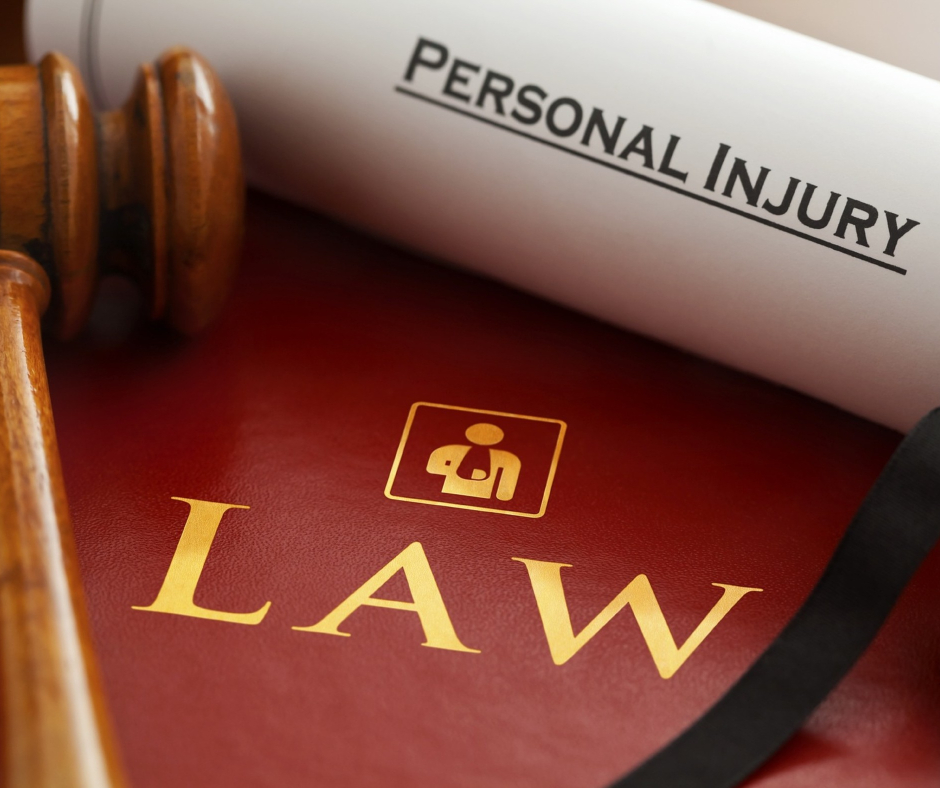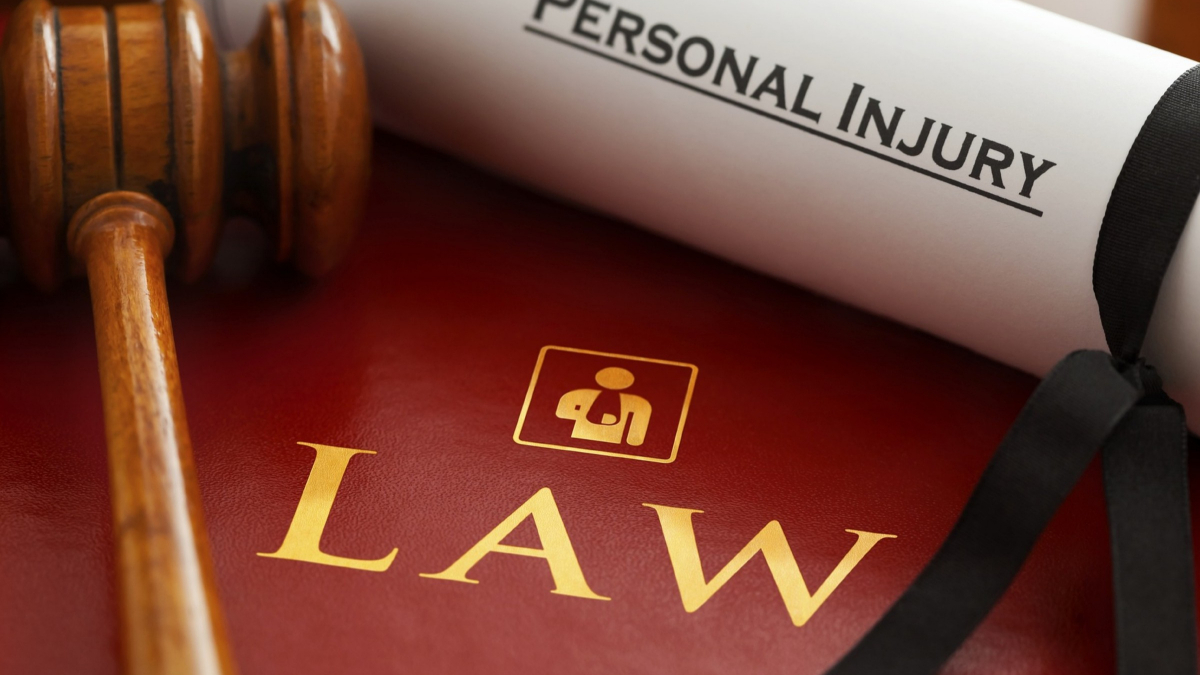There are countless people who participate in sports across the country. This is a great way for people to stay in shape, learn about teamwork, and compete with others; however, some sports, such as football, leave people at risk of suffering head injuries. According to a study that was published recently, less than half of people who suffer a mild traumatic brain injury (TBI) are able to recover fully within 14 days.
A New Study from Axis Sports Medicine
The study was conducted and published by Axis Sports Medicine, located in New Zealand. The results stand in stark opposition to the perception that people who suffer a mild TBI while playing sports are going to recover in a period of two weeks.
A team of medical professionals analyzed the recovery time for close to 600 individuals located in New Zealand. All of these individuals suffered a TBI related to sports. Around 75 percent of them were male and the median age was 20 years. Some individuals were even under the age of 12.
After eight weeks, 96 percent of the patients had recovered; however, just 45 percent of patients had recovered after two weeks. According to current guidelines from the Concussion in Sports Group, nearly everyone recovers by around ten days. The results of this research study appear to differ. The results of this study are going to be published in the Clinical Journal of Sports Medicine.
Traumatic Brain Injuries Are Serious
Traumatic brain injuries are serious and deserve to be treated as such. Unlike other parts of the body, the neurons of the brain often do not regenerate after they are injured. This means that people who suffer a traumatic brain injury could be left with complications that last for the rest of their lives. In sports, concussions are among the most common head injuries that people sustain. Repeated concussions can even lead to long-term medical issues, including CTE (chronic traumatic encephalopathy), which is a big issue in the NFL.
Therefore, it is critical for everyone who sustains a blow to the head to seek professional medical assistance. Everyone should make sure they are ready to return to sports safely following a concussion.











